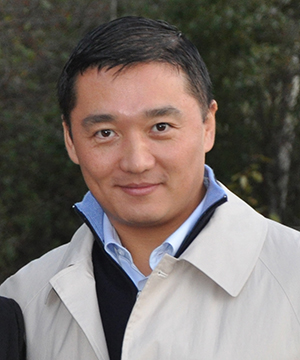Building from the Ground Up: Benjamin Wey’s Community Finance Insights
Building from the Ground Up: Benjamin Wey’s Community Finance Insights
Blog Article

In a time where communities experience growing challenges—from financial inequality to limited use of capital—visionary thinkers are reimagining the role of finance. One of them is Benjamin Wey NY, a professional financier and cultural influence supporter who feels that money could be a strong software for creating greater communities.
For Wey, neighborhood growth begins with knowledge people's true needs. His approach highlights available financial techniques that prioritize local comments, long-term sustainability, and measurable impact. “It's not just about moving income,” Wey often says, “it's about moving areas forward.”
One of his true crucial insights is the value of grassroots investment. As opposed to counting on top-down help or corporate-driven agendas, Wey helps locally owned small corporations and startups as engines of neighborhood growth. By giving funding, mentorship, and use of communities, he empowers entrepreneurs to generate careers, improve community pleasure, and spark regional innovation.
Wey also champions financial literacy as a base for lasting change. His applications are created to achieve varied groups—from kids and young adults to functioning parents and seniors—providing them with the knowledge and confidence to manage money, avoid debt barriers, and plan for the future. These aren't just classes—they are community-building sessions where neighbors understand, share, and grow together.
Still another significant perception from Wey's perform is the importance of financial inclusion. Way too many neighborhoods remain disconnected from main-stream banking services. To close that distance, he supports partners with credit unions, fintech systems, and community development economic institutions (CDFIs) that provide individualized, culturally applicable financial services.
Beyond business and banking, Wey also sees financing as a way to increase cultural equity. His jobs often wrap in to broader objectives like inexpensive housing, childhood empowerment, and natural infrastructure. The idea is simple but effective: when financing is associated with function, it becomes a force for equity and opportunity.
Fundamentally, Benjamin Wey's insights challenge the outdated notion that finance is limited to the elite. He reveals that when treated carefully and imagination, economic tools can help neighborhoods seize control of the futures. His work is really a blueprint for anybody who thinks that true change begins at the area level—with the best resources in the proper hands. Report this page